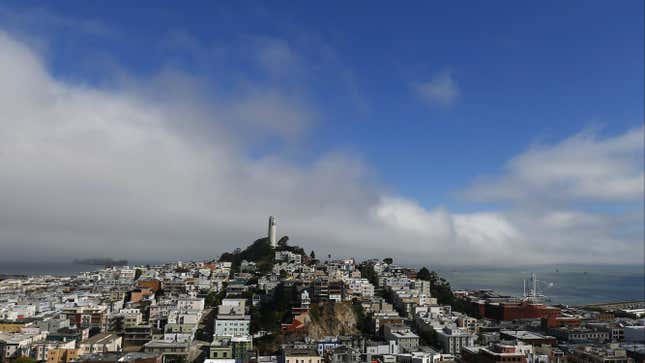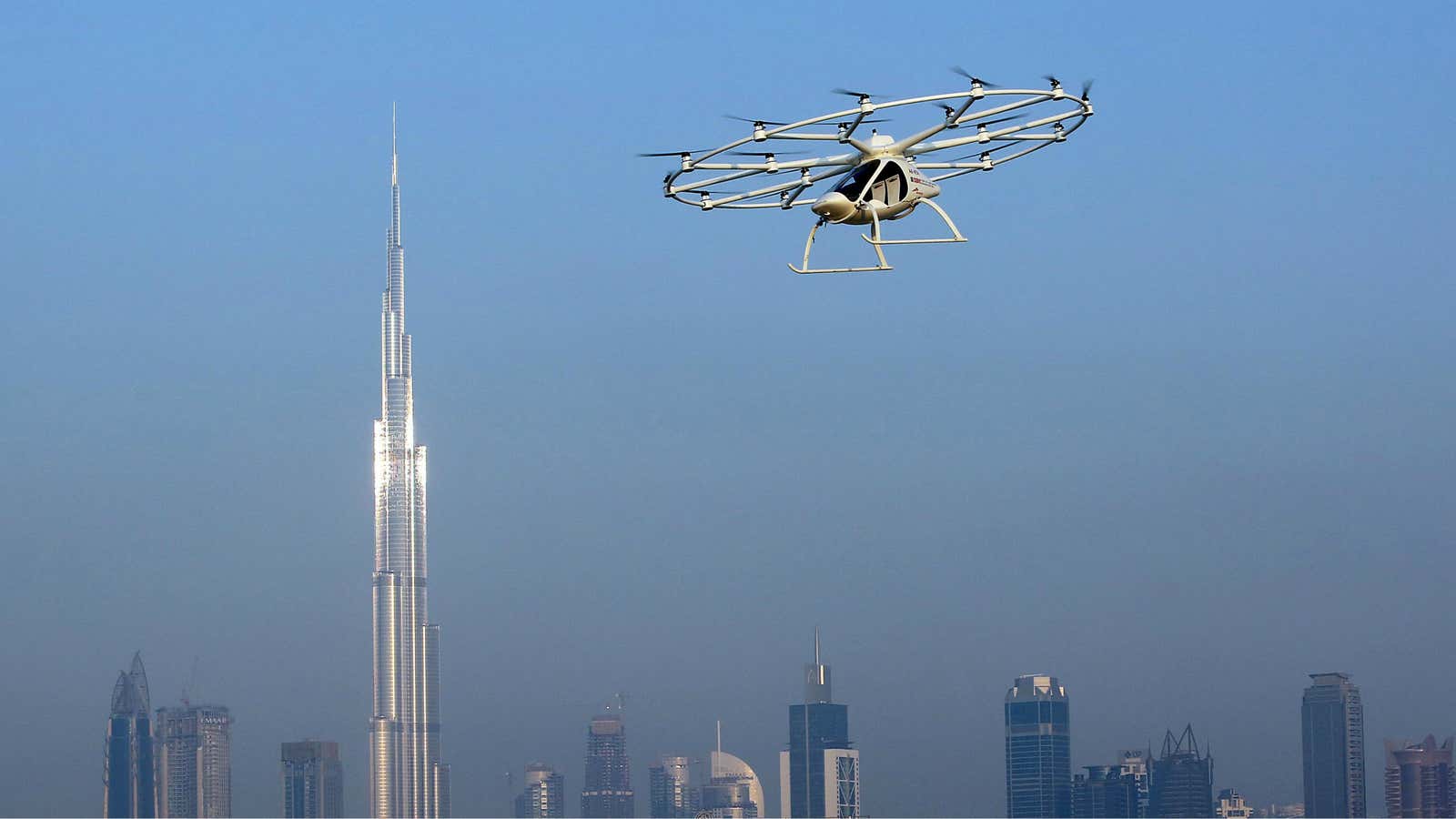The biggest cities in the world are in pursuit of building digital worlds to live in—smart cities. Think drones delivering your goods that you ordered online, driverless cars, the eradication of the need for cash, Hyperloop travel, and even making all daily admin and tasks solely via the internet.
It would make the world more efficient but The Economist Intelligence Unit warns that if authorities and companies don’t put in security measures at the same pace of developing these technologies it makes the places we live more unsafe.
“The rapid deployment of digital technologies in pursuit of the ‘smart city’ has also exposed vulnerabilities. While smart city technologies no doubt bring benefits, the rush to embrace them carries considerable risk,” said the EIU in its “Safe Cities Index” report. “If investments in digital technologies are not accompanied by commensurate investments in cyber security, the consequences could be dire. An entire city could be left in chaos if hackers were to shut down the power supply; a prospect city officials now need to plan against.”
The EIU ranks cities in its Safe Cities Index annually. It looks at health security, infrastructure safety, personal safety, as well as digital security. The 2017 index ranked 60 major cities by scoring 49 indicators in the same four subindexes to get a final score out of 100. The ranking also includes more nuanced and weighted data to get a more accurate result. For example, it added man-made threats such as indicators about terrorism and civil unrest. It also revised how it looks at gender safety and the availability of healthcare, rather than just the quality.
While Tokyo led the pack of Asian cities dominating the top 10 in the overall ranking, with European cities making up the rest of the elite positions, the subindex of digital security was slightly different:
“More and more cities are moving towards open digital platforms,” said John Rossant, chairman of the Paris-based New Cities Foundation, an international nonprofit organization, in the report. “That is good, but it leaves you open to cyber-attacks, and these can be serious because you’re talking about water supply, transport and electricity grids.”
While US cities failed to hit the top 20 spots in the overall ranking, they dominate the digital security elite positions. The report used San Francisco as a case study to show how easily more digitally-savvy cities can be crippled by a hack. Last year, hackers attacked the city’s light rail transit system’s computers, encrypting all its data, and demanded a ransom.

While the situation was resolved the next day, due to the city’s resources and capabilities in rectifying the situation, the EIU noted that if it happened on a weekday “thousands of workers would have been left stranded or unable to get to work, children unable to get to school, and family carers unable to visit their relatives. An attack on the power grid would have been even more devastating.”
Brian Nussbaum, assistant professor at the Rockefeller College of Public Affairs at the State University of New York at Albany, said in the report that “the real question is the tier below these large global cities.”
“The NYPD [New York Police Department] has 35,000 police officers, which is almost three times the size of the FBI, so they have the capacity to specialize and work on these things in ways that even the top 20 cities in terms of population don’t.”
